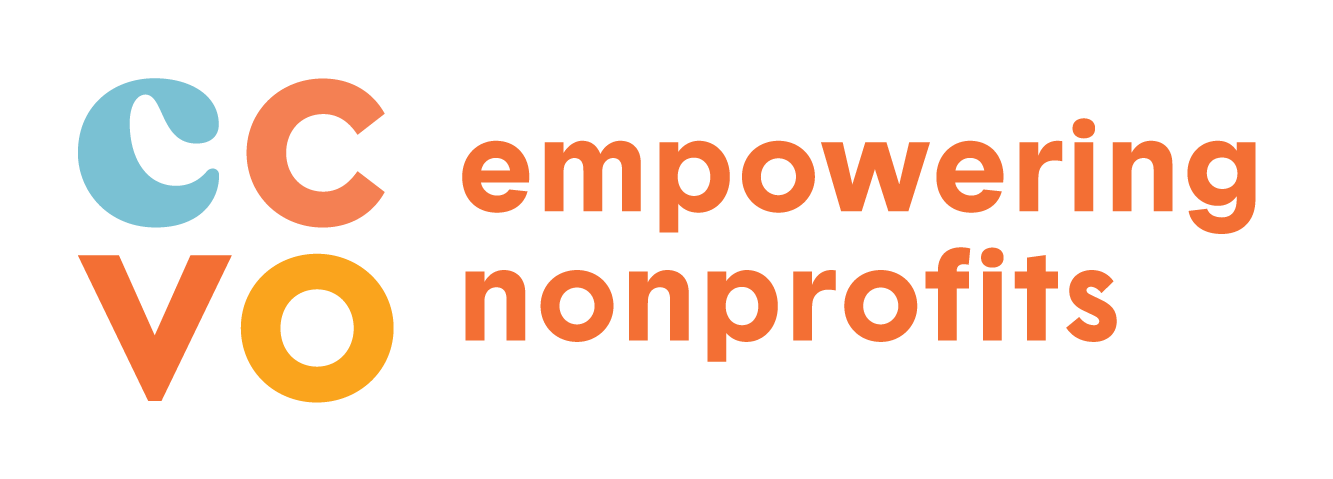Last week, Alexa Briggs, CCVO Manager, Policy & Research, was among 25 leaders in the nonprofit sector in Calgary who had the opportunity to meet with Premier Rachel Notley, the Clerk of the Executive Council, Marcia Nelsom, and senior staff from the Government of Alberta. Attendees were asked to reflect on trends in the sector, as well as the relationship with the government.
Read MoreThere are no step-by-step rules or established set of parameters that nonprofits can follow to ensure success when seeking public policy change. What we can do, though, is develop a policy agenda - a set of issues or problems aimed at gaining the attention of policymakers and decision-makers - sometimes known as the “policy ask”.
Read MoreBefore engaging in public policy advocacy, nonprofits should make sure they understand the rules and regulations around what they can and cannot do, so that they can engage with clarity and confidence. Knowing the rules can empower your nonprofit to lead and provoke important discussions about issues, raising much-needed awareness for these issues with politicians, decision-makers, and the public.
Read MoreThe Canada Revenue Agency (CRA) has shared proposed guidance documents that will help charities interpret the legislation related to public policy advocacy. This follows the recent proposed Income Tax Act (ITA) amendments by the Department of Finance. CCVO sees the proposed ITA amendments and accompanying guidance documents as good overall progress towards better supporting charities.
Read MoreNot sure which government level does what? With the spring 2019 Provincial Election approaching, we’d like to share a refresher on the different levels of government, how the Alberta Government works, and how your nonprofit can effectively engage.
Read MoreNonprofits are intrinsically linked to the Alberta Government. Due to the pertinent role the government serves, CCVO has provided a refresher on how the Alberta Government works with the aim to elevate your understanding and assist in your engagement with the provincial government.
Read MoreIn a joint letter with Imagine Canada, CCVO responded to the proposed Income Tax Act amendments from the Department of Finance. While we recognize the significant steps taken to modernize the regulatory regime for registered charities, we note that the changes are only an initial step toward a broader review.
Read MoreThe nonprofit sector contributes significantly to society, the economy, and democratic participation – as such, the potential political influence of the sector should not be underestimated. Engaging in advocacy is an opportunity for nonprofits to share their priorities with the public, represent communities, advance policies, and promote funding of meaningful objectives.
Read MoreThe legalization of cannabis this October will impact nonprofit workplaces and regulations, but also result in a new wave of related services, programs and nonprofit organizations. As Canada becomes among the first international jurisdictions to legalize cannabis, the beginning stages will require all members of the community to learn, adapt and be flexible.
Read MoreIn advance of the upcoming provincial election, it’s important for nonprofits to recognize the potential influence they have, and meaningfully engage in public policy dialogue to capture the attention of political parties and candidates.
Read MoreCharities are a source of insight and expertise about the communities and the people they serve and sharing this knowledge with all levels of government can lead to more effective public policy.
Read MoreAlberta's minimum wage will increase to $15.00 an hour, up from $13.60 an hour. This increase will mark the final stage in a series of minimum wage increases enacted by the Alberta Government. In 2015, Alberta was the first province to commit to a $15.00 minimum wage phase-in, and as of October 1st, will be the first province or state in North America to accomplish it.
Read MoreAs a result of focus group discussions from around the province, CCVO is creating a resource to help nonprofit organizations prepare for the upcoming provincial election in Spring 2019. The Alberta Nonprofit Election Toolkit is intended to arm Alberta’s nonprofits with flexible tools to help ensure the candidates and parties address issues of importance to our sector.
Read MoreThere was some big news for charities across Canada this week. An Ontario judge ruled that the section of the federal Income Tax Act limiting the political activity of charities has “no force or effect” as of Monday, July 16. The judge ruled that this section of the Income Tax Act is an infringement on freedom of expression for charities. Partisan activities are still prohibited – a restriction that CCVO fully supports.
Read MoreThe Property Assessed Clean Energy (PACE) legislation was passed by the provincial government in June 2018 to enable municipalities to establish a program that assists property owners to make energy efficiency upgrades. It is a voluntary program that provides financing, which is repaid through property taxes. Municipalities must pass a PACE bylaw in order for residents to participate.
Read More












